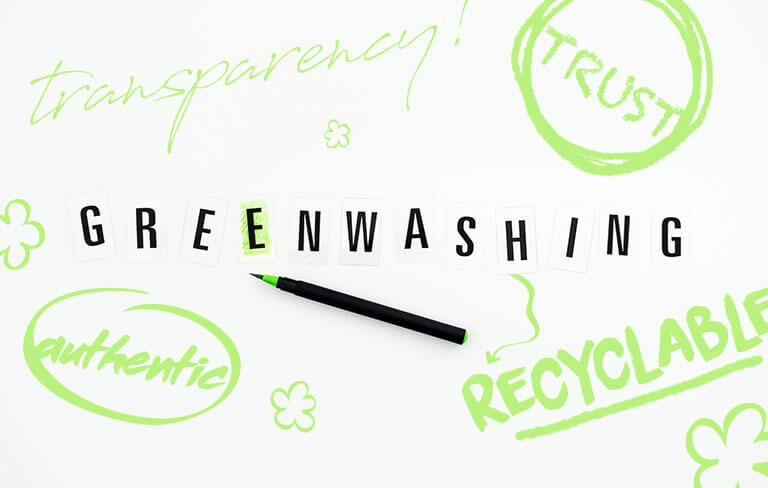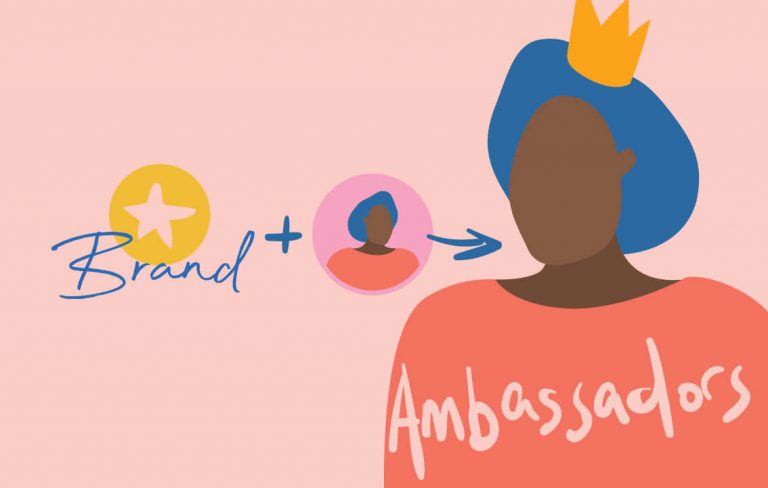With consumers wanting to know how brands go about tackling the environmental and social issue, sustainability is becoming a consumer trend, more so being incorporated into most business strategies. As such, increasing companies are introducing sustainable practices into their marketing strategies. However, incorporating sustainability may seem harder than it seems.
The primary reason being so is many companies are not transparent in the form of green marketing. Majority of the marketing teams in big companies curate engaging and creative content, but have failed in terms of creating a positive impact to the environment. This is also known as “greenwashing”. It usually comes in the form in which green marketing is deceptively used to promote the perception that an organisation’s products or policies are environmentally friendly.
It’s easy to see why companies do it. Environmentalism is a powerful brand and the best way for a company to improve its image in the eyes of consumers is to associate itself with green causes. Small steps in the right direction such as gradual phasing out of plastic bags and containers are some examples to let consumers associate the brand with sustainability. For example, even taking a small step in the right direction, like using recyclable products or organic products, is a way to let consumers associate the brand with sustainability.
However, when companies greenwash, they are exploiting people’s good intentions that want to do the right thing by making environmentally-friendly choices. The problem with greenwashing is that it makes it difficult for consumers to know what products and services truly protect the environment. If all products claim to be “green”, what can eco-friendly companies do to avoid this pithole in their campaigns?
Be fully transparent about commitments
The lack of information to the audience often conveys the lack of trust and loyalty to most audience. This is because most green marketing campaigns focus more on transparency than big achievements. Most people in the media space are much aware of green marketing campaigns and would love to see brands being committed to their sustainability goals. Moreover, many people have differing viewpoints of sustainability. Showing the process of how brands go green on content assets and support community initiatives are some examples of managing expectations from external stakeholders.
Be reliable and authentic the same time
There are often strict regulations when it comes to using terms such as “recyclable” and “eco-friendly”. Brands are subjected to legal charges when these terms were found to be false. Hence, getting third-party credentials is an important aspect when it comes to making sustainable claims. One of our media kit works with Ocean Health helps in conserving Earth’s resources through using 90% less plastic. The campaign concept and art direction is inspired by recycling at every stage of user experience. Hence, such credentials are thus able to provide a sense of ease to sustainability-driven consumers.
Connect sustainability to brand equity
Brand equity is often defined as the social value of the brand perceived by external stakeholders. One of the ways to connect them together is to reduce carbon footprint to showcase how the brands are playing a part in saving the environment. Check out how one of our media kits with Yes! Nut bars use sustainable and reusable materials that connect both caring for nature and consumers together. Without a doubt, environmental issues are here to stay and thus practicing sustainability can increase brand equity in the long run.
All in all, Greenwashing is not wrong; it’s counterproductive. Companies should be honest in their advertising and labeling of products for consumers to make informed decisions about what to buy. Looking to implement sustainability in your brand? Connect with us to hear how we can help your brand in building an effective green marketing strategy!





